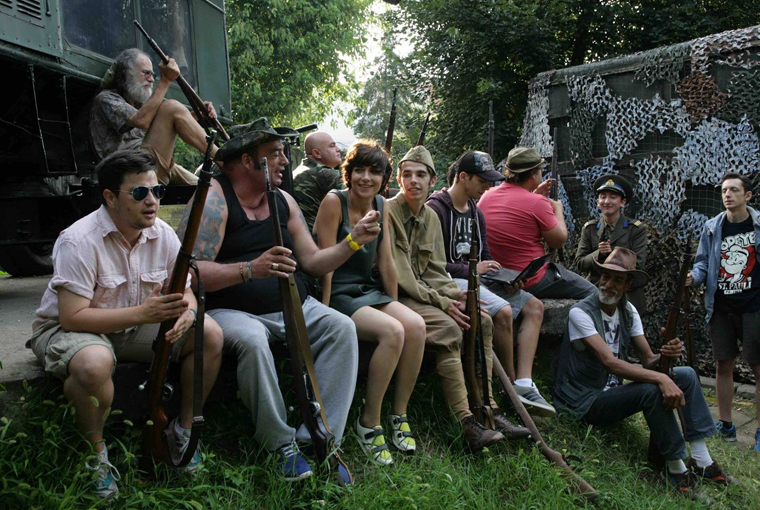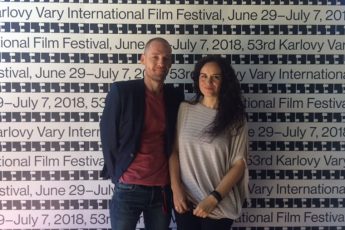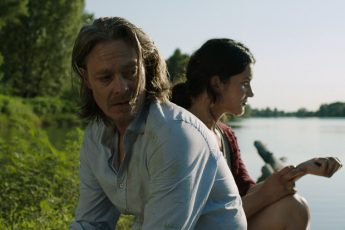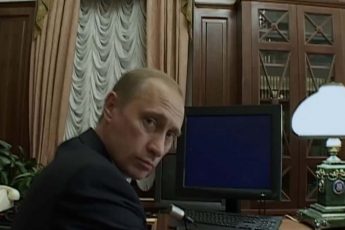
On the 21st of August 2018, commemorative events were held to mark the 50th anniversary of Czechoslovakia’s invasion by Warsaw Pacts troops. The fact that Czech president Miloš Zeman, a champion of provocation and self-staging, stayed away from the commemorations as his Slovak counterpart Andrej Kiska spoke live on Czech TV, caused an uproar. To many, his absence reflected Zeman’s questionable views on Czechoslovakia’s Communist past as well as his authoritarian leanings, which have made him side with strong and undemocratic leaders on multiple occasions in the past (when Xi Jinping visited Prague in 2016, Zeman ordered the police to remove Tibetan flags from peaceful demonstrations). Czech prime minister Andrej Babiš, whose connections to Communist Czechoslovakia are at least as dubious as those of Zeman, chose to avoid such a scandal for his part by simply attending the events, revealing the degree to which the act over which the public quarreled was really symbolic.
That what the Czech media and large portions of the public – like their US counterparts – are obsessed with are autocrats’ abstract professions of faith rather than the true meaning of socio-political processes, manifested itself not only during that “scandal”, but likewise during this year’s Karlovy Vary Film Festival, where the Prague Spring was commemorated not through symposia or elaborate film programs, but at parties. While institutions across Europe have bothered to inquire into the Prague Spring through elaborate film series on the Prague Spring in general or its individual auteurs, Karlovy Vary’s programmers seemed content with acknowledging that historical event’s importance over champagne and appetizers. So preoccupied have we become with accusing the other side of their false beliefs and ideas, that we do not bother working out what it is that we supposedly agree on. The erstwhile fragmentation of leftist politics during its heyday, which is often taken to be a sign of weakness, in truth reveals that the left was once interested in spelling out in detail what it is that it opposes.
***
Our summer issue features our live coverage from Karlovy Vary, with reviews of an animated film about Laika, the dog that was sent to outer space in 1957; Radu Jude’s latest tour de force, addressing issues as complex as memory politics; films about politics in Russia and Ukraine; a portrait of Soviet rock musician Victor Coi; Tverdovsky’s latest addition to his series on outcasts; and the rather disappointing latest features by Olmo Omerzu and Sonja Prosenc. Our coverage is completed by interviews with Roman Bondarchuk, Aurel Klimt, and Sonja Prosenc.
We hope you enjoy our reads.
Konstanty Kuzma & Moritz Pfeifer
Editors




Leave a Comment